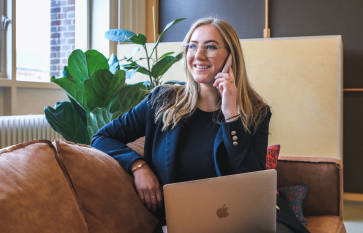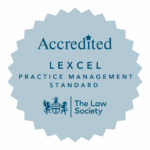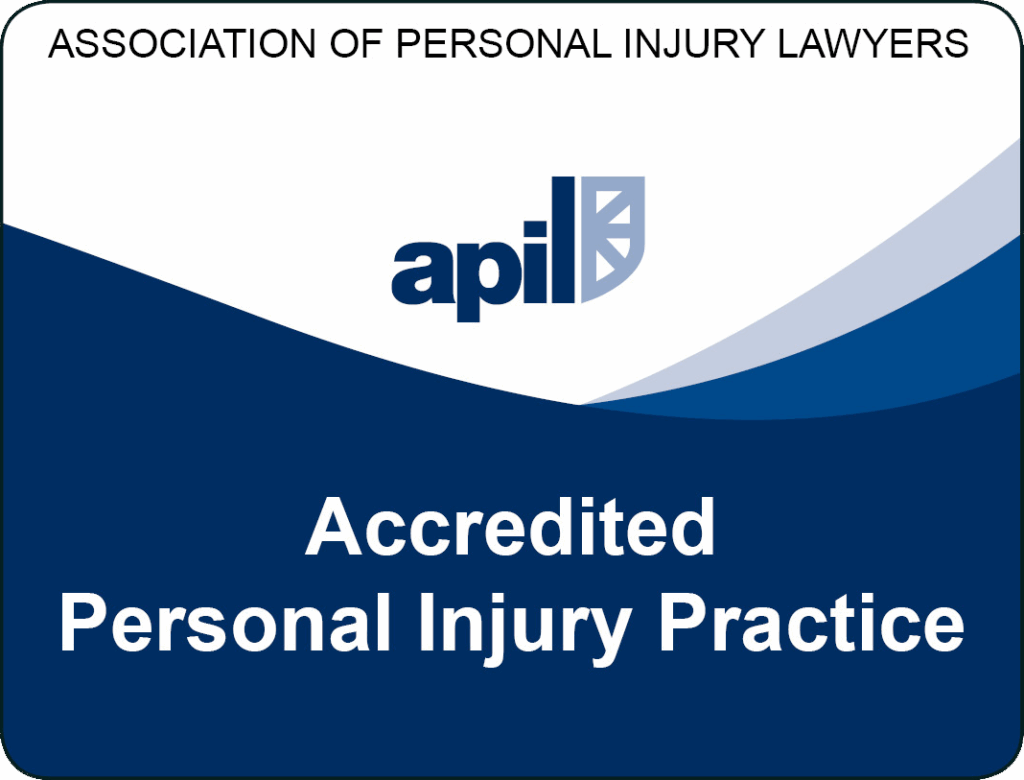
Do young people need LPAs and Wills?
We are all coming to terms with the very real impact of the Covid pandemic with more cases in Norfolk and the third lockdown in place. Whilst much of the pandemic feels out of the control of individuals, there are legal provisions which individuals can make to protect their interests and wishes if circumstances arise in the future should they fall ill and be unable to make decisions for themselves. This is true for all ages including young people.
As reported in the Dereham Times, a 25 year old woman who had tested positive for coronavirus, went to sleep at home on December 31 2020 and woke up in intensive care on January 3 2021. In Private Client terms, this is referred to as a temporary loss of capacity. Other potential causes of loss of capacity can happen at any age including accidents and brain injury, mental health problems or drug addiction.
As explained by our Private Client Paralegal Rachel Frammingham, ideally young people should consider putting legal protections in place to protect against loss of capacity – including Lasting Powers of Attorney and a Will – whatever their age.
Do young people need LPAs?
The existence of a Lasting Powers of Attorney can appoint someone to make decisions for you in the event you are unable to make those decisions yourself. We can assist you in creating Lasting Powers of Attorney (LPA).
Whilst they are traditionally considered for older individuals with capacity issues in later life including dementia, anyone over the age of eighteen is legally entitled to set up an LPA given they have full mental capacity at the time.
If an individual has registered LPAs in place, these kick in upon incapacity so the individual’s appointed Attorneys can act on their behalf whilst they are incapacitated:
1. for their health and welfare decisions (medicines, medical treatment); and
2. for their property and financial decisions if needed (more appropriate for the longer term where bills need paying etc.)
Then, in situations of temporary loss of capacity, after the individual regains capacity, for example after coming out of a coma, they can manage their affairs normally again.
The two types of LPA are independent of one another. Oftentimes, an individual may consider putting in place a Property and Financial Affairs LPA, whereas the Health and Welfare LPA is also very important – especially given the current pandemic.
Without an LPA, the Court of Protection exists to make decisions on financial or welfare matters and appoint Deputies to make required ongoing decisions for the incapacitated individual. This can, however, become a long-winded and expensive process. Creating your own LPA to a time schedule that suits you gives you the control.
Crucially, your LPA must be set up before you lose mental capacity – so if you are young and in good health, now could be a good time to consider appointing your Attorneys who you know well and trust to carry out your wishes should you ever lose capacity in the future.
Do young people need a Will?
It is important to have a legally valid Will at all ages, and many of our clients set up their Will at the same time as making an LPA. As with LPAs, you can make a Will from age 18 if you are of sound mind. A legally valid Will allows you to choose your own Executors and Beneficiaries rather than your possessions and financial assets automatically passing to those entitled under the Intestacy Rules whom you may not want to benefit. Particularly if you have had children, a Will can include a guardian clause naming your chosen legal guardians if you were to pass away.
If you have children under 18 and die without making a Will, although your estate/money will pass to your children under the Intestacy Rules, that child’s parent (whether you are still with them or not) would be the person to administer your estate and hold the money until the child is 18. We often act for clients who are no longer with their child’s other parent to make Wills appoint someone else (such as another member of their family) to act as the executor and to look after the money until their child is old enough.
If you’re looking for expert legal advice after an accident or injury, you might be searching for personal injury solicitors near me. At Hatch Brenner, we have a dedicated team that can guide you through the claims process, ensuring you receive the compensation you deserve. Whether it’s a car accident, a workplace injury, or a slip and fall, we’re here to help you get the support and legal expertise you need.
Contact Hatch Brenner via 01603 214 220 for more information about Will Tax and Probate.
Reference: https://www.derehamtimes.co.uk/news/woman-25-three-days-unconscious-with-covid-6888924





